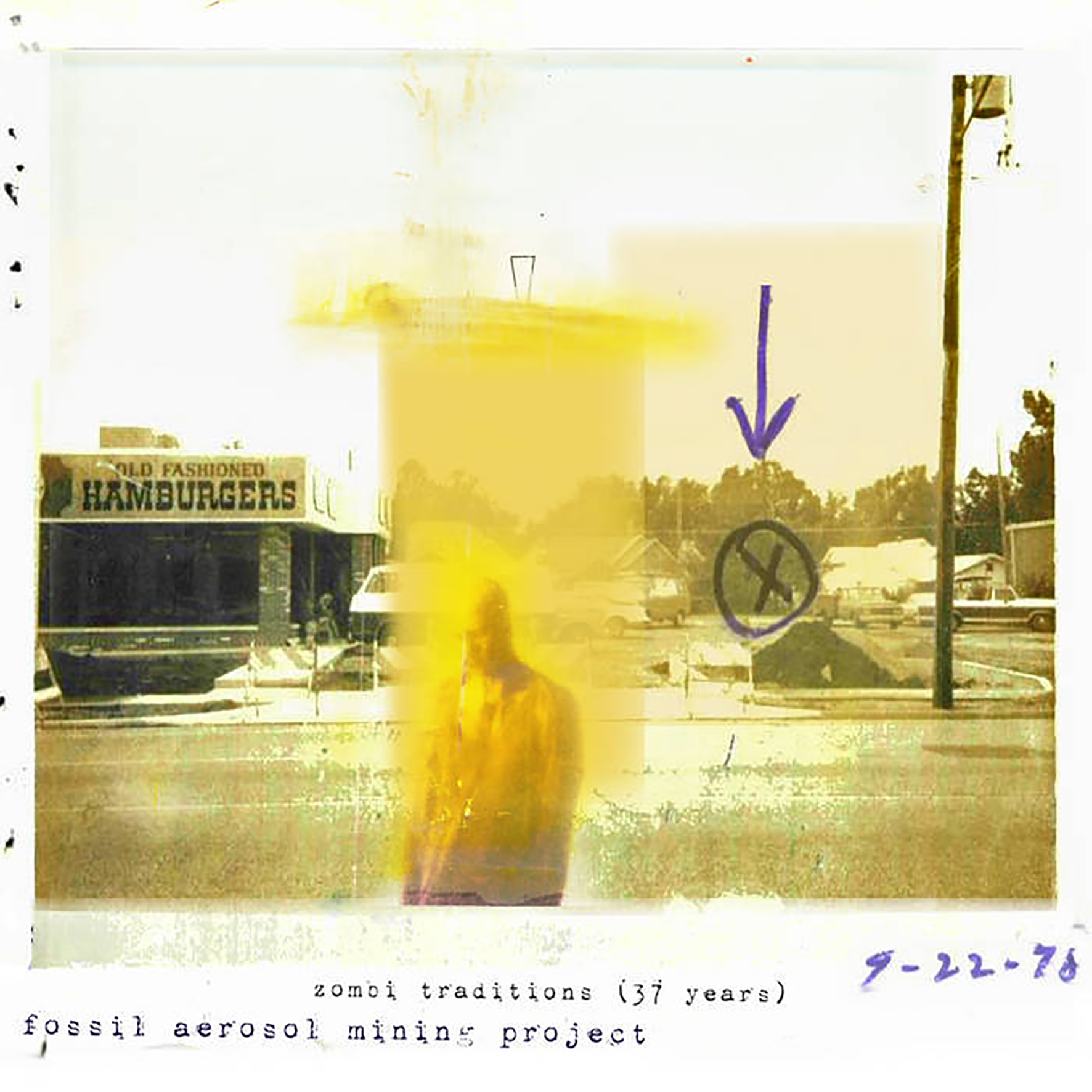 This enigmatic Illinois collective has never been particularly keen on revealing much about themselves, but they do have something of an origin story in which the project was birthed when they fatefully discovered a section of a film trailer in an abandoned drive-in theater back in 1983. While I do not believe they ever specified which film they found, all signs point to a George Romero or Lucio Fulci film, as "sounds from films about fake corpses constitute some of the earliest material used by Fossil Aerosol Mining Project." In fact, the project nearly always sounds like a hallucinatory collage of badly distressed VHS tapes of Dawn of the Dead, but the project has also released several explicitly zombie-indebted releases over the course of their long and macabre career, some of which were eventually compiled on 2014's digital-only Zombi Traditions. As befits the subject material, those already remixed, remastered, and revised pieces have been cannibalized once more for this definitive edition. As the previous incarnations of these songs have been purged from existence, I cannot say how well these latest versions stack up against the earlier ones, but I can say that this is easily one of the best Fossil Aerosol Mining Project albums that I have heard. To my ears, this album is the embodiment of everything I love about this project, as it perfectly captures the imagined ambiance of a late '70s/early '80s mall where the only remaining signs of life are strains of kitschy muzak and cheery announcements of incredible bargains eerily reverberating around the ransacked, rubble-strewn, and desolate halls until the electricity eventually fails.
This enigmatic Illinois collective has never been particularly keen on revealing much about themselves, but they do have something of an origin story in which the project was birthed when they fatefully discovered a section of a film trailer in an abandoned drive-in theater back in 1983. While I do not believe they ever specified which film they found, all signs point to a George Romero or Lucio Fulci film, as "sounds from films about fake corpses constitute some of the earliest material used by Fossil Aerosol Mining Project." In fact, the project nearly always sounds like a hallucinatory collage of badly distressed VHS tapes of Dawn of the Dead, but the project has also released several explicitly zombie-indebted releases over the course of their long and macabre career, some of which were eventually compiled on 2014's digital-only Zombi Traditions. As befits the subject material, those already remixed, remastered, and revised pieces have been cannibalized once more for this definitive edition. As the previous incarnations of these songs have been purged from existence, I cannot say how well these latest versions stack up against the earlier ones, but I can say that this is easily one of the best Fossil Aerosol Mining Project albums that I have heard. To my ears, this album is the embodiment of everything I love about this project, as it perfectly captures the imagined ambiance of a late '70s/early '80s mall where the only remaining signs of life are strains of kitschy muzak and cheery announcements of incredible bargains eerily reverberating around the ransacked, rubble-strewn, and desolate halls until the electricity eventually fails.
Given this project’s mystery-shrouded nature, I cannot say for certain what their working methods were back in 1983 or if they have evolved at all over the ensuing four decades, but it definitely seems like the collective has an extremely purist approach to how they use their material. It seems fair to say that one of the project’s self-imposed constraints is that all of the sounds they use must be scavenged, so the difference between a middling album and great one lies in how well the fundamentally non-musical material lends itself to musicality (and how ingenious the collective can be when the material does not). In practical terms, that means that the essence of Zombi Tradition's aesthetic is murky ambiance conjured from hiss, garbled samples, and industrial hum, but that foundation is often enhanced with enigmatic vocal fragments, snatches of ads, and bits of repurposed muzak.
When they hit the mark, the results can be wonderfully creepy, immersive, and hallucinatory in a very unique and distinctive way. In the case of this album, those moments mostly tend to be the longest pieces. For example, the seething slow burn of "Damaged Years Ago" steadily swells to a haunted crescendo of inhuman-sounding backwards voices and a promise of "all the most popular brands." Elsewhere, "Italian Resurrection" evokes the swaying industrial ambiance of a massive engine slowly churning in an enigmatic miasma of footsteps, tape hiss, and eerie vocal fragments ("help me") that bubble up from the depths. Later, "The Shopping Mall Has Long Since Flooded" sounds like a broken radio playing flickering, unintelligible, and creepily reverberant emergency dispatches to a long-abandoned and partially submerged food court. A couple of the shorter pieces are excellent too though. I especially love the hiss-ravaged muzak phantasmagoria of "1983," which has the creepy, sad, and playful feel of some recent Aaron Dilloway albums. That said, the whole album casts a wonderfully unbroken spell and the execution is unusually strong for FAMP (presumably because the material has been reworked so many times). Given the grisly and oft-schlocky source material being repurposed, I was pleasantly surprised by the bleak beauty and subtly morbid humor of these pieces, as they never err into oppressive darkness or easy kitsch (even when a cheery voice is encouraging me to "visit often"). To my ears, this is one of the true jewels of the Fossil Aerosol Mining Project discography (if not the project’s culminating achievement).
Samples can be found here.


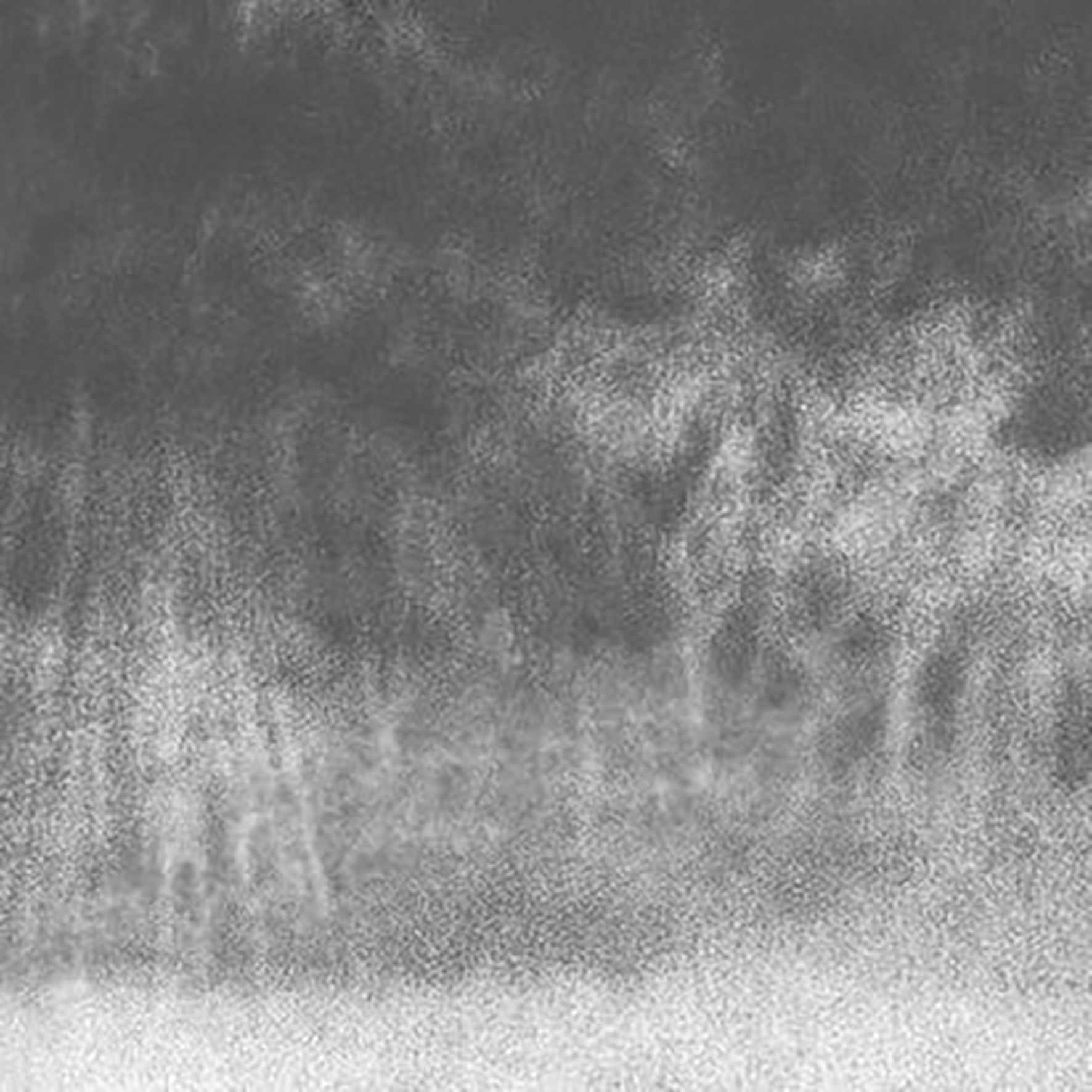 This latest release from Aleksandra Zakharenko is a "selection of soundscapes created by throughout various stages of last year" described as "subliminal moments, suspended fragments, caught between time zones." While that description could admittedly fit quite a lot of Perila's music, 7‚Äã.‚Äã37‚Äã/‚Äã2‚Äã.‚Äã11 has a far more intimate and informal feel than this year's previous release on Smalltown Supersound (How Much Time It Is Between You And Me?). That uncluttered, sketch-like approach suits Zakharenko quite well, as it brings out a bit more distinctive character than her more layered and produced work. Given that Perila is one of the more consistently intriguing artists in the ambient-adjacent abstract electronic milieu, there is plenty to like (or love) about that more produced side too, but I found this more stark and simple side easier to connect with on a deeper level, as these six songs distill Zakharenko's vision to its most pure form without sacrificing any of the beauty.
This latest release from Aleksandra Zakharenko is a "selection of soundscapes created by throughout various stages of last year" described as "subliminal moments, suspended fragments, caught between time zones." While that description could admittedly fit quite a lot of Perila's music, 7​.​37​/​2​.​11 has a far more intimate and informal feel than this year's previous release on Smalltown Supersound (How Much Time It Is Between You And Me?). That uncluttered, sketch-like approach suits Zakharenko quite well, as it brings out a bit more distinctive character than her more layered and produced work. Given that Perila is one of the more consistently intriguing artists in the ambient-adjacent abstract electronic milieu, there is plenty to like (or love) about that more produced side too, but I found this more stark and simple side easier to connect with on a deeper level, as these six songs distill Zakharenko's vision to its most pure form without sacrificing any of the beauty.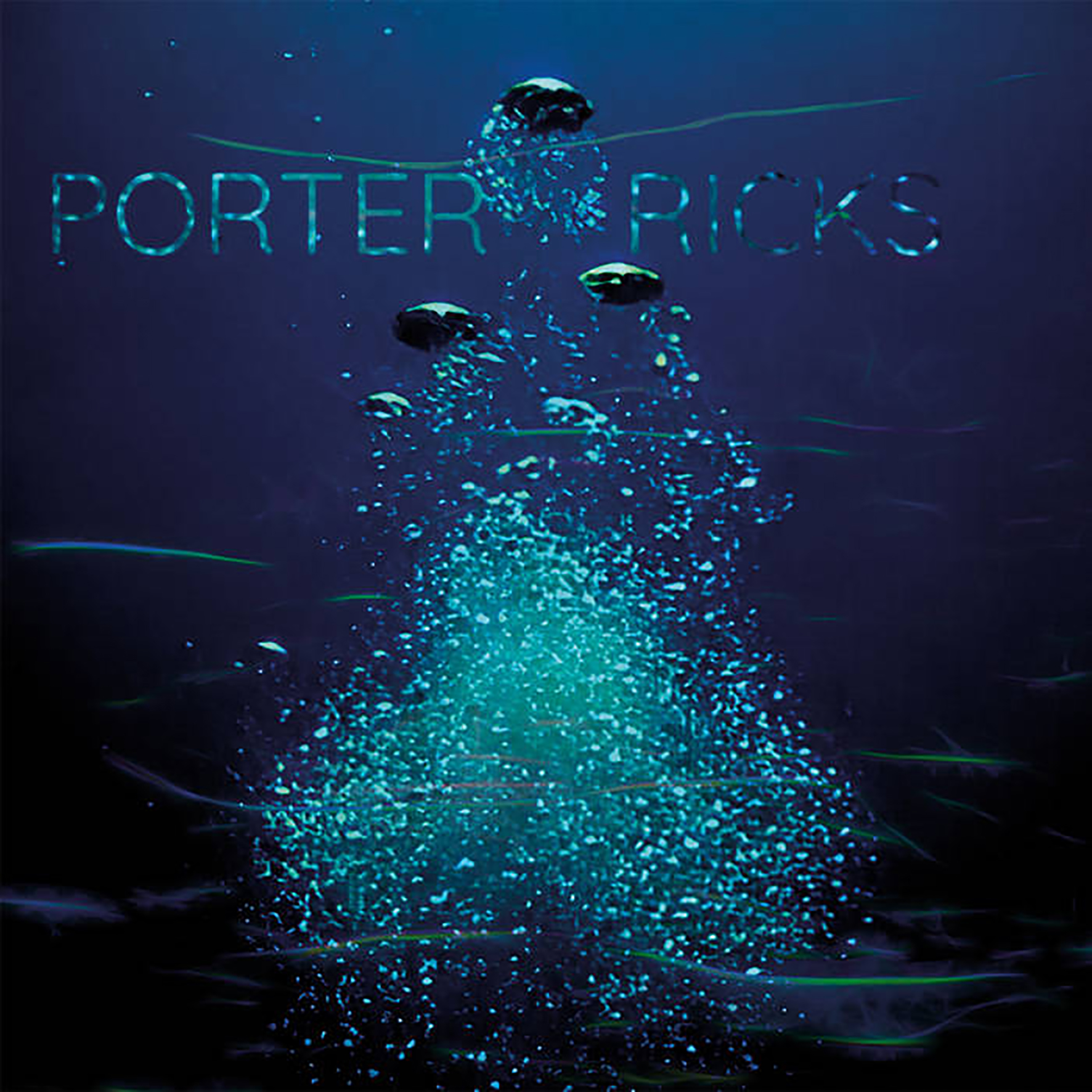 Newly reissued with different artwork, Porter Ricks' second album is a fitfully compelling and somewhat perplexing mixed bag that I somehow managed to never hear until now. My befuddlement is largely due to the fact that the first Porter Ricks album (Biokinetics) is an all-time dub techno classic, so I would have expected Andy Mellwig and Thomas Köner to expand further upon the formula that they had perfected to great acclaim. Instead, the duo took a more stylistically fluid approach, occasionally returning to Biokinetics-style dub, but also dabbling in dark ambient and some unexpectedly funky strains of house music. That said, it is probably wrong to view Biokinetics and this album as intentional statements or clearly delineated phases of a linear artistic evolution, as both releases are compilations of singles and EPs and Biokinetics got all the great Chain Reaction ones from 1996. This one collects all the Force Inc. EPs from the following year, so these pieces could be anything from Chain Reaction-era outtakes to stylistic experiments to a stab at greater accessibility (though that is hard to imagine, given the cold bleakness of Köner's solo work). In any case, there are still enough strong pieces to make this an enjoyable album, but anyone hoping for the focus and distinctive vision of Biokinetics will probably want to moderate their expectations a bit before diving into this one.
Newly reissued with different artwork, Porter Ricks' second album is a fitfully compelling and somewhat perplexing mixed bag that I somehow managed to never hear until now. My befuddlement is largely due to the fact that the first Porter Ricks album (Biokinetics) is an all-time dub techno classic, so I would have expected Andy Mellwig and Thomas Köner to expand further upon the formula that they had perfected to great acclaim. Instead, the duo took a more stylistically fluid approach, occasionally returning to Biokinetics-style dub, but also dabbling in dark ambient and some unexpectedly funky strains of house music. That said, it is probably wrong to view Biokinetics and this album as intentional statements or clearly delineated phases of a linear artistic evolution, as both releases are compilations of singles and EPs and Biokinetics got all the great Chain Reaction ones from 1996. This one collects all the Force Inc. EPs from the following year, so these pieces could be anything from Chain Reaction-era outtakes to stylistic experiments to a stab at greater accessibility (though that is hard to imagine, given the cold bleakness of Köner's solo work). In any case, there are still enough strong pieces to make this an enjoyable album, but anyone hoping for the focus and distinctive vision of Biokinetics will probably want to moderate their expectations a bit before diving into this one.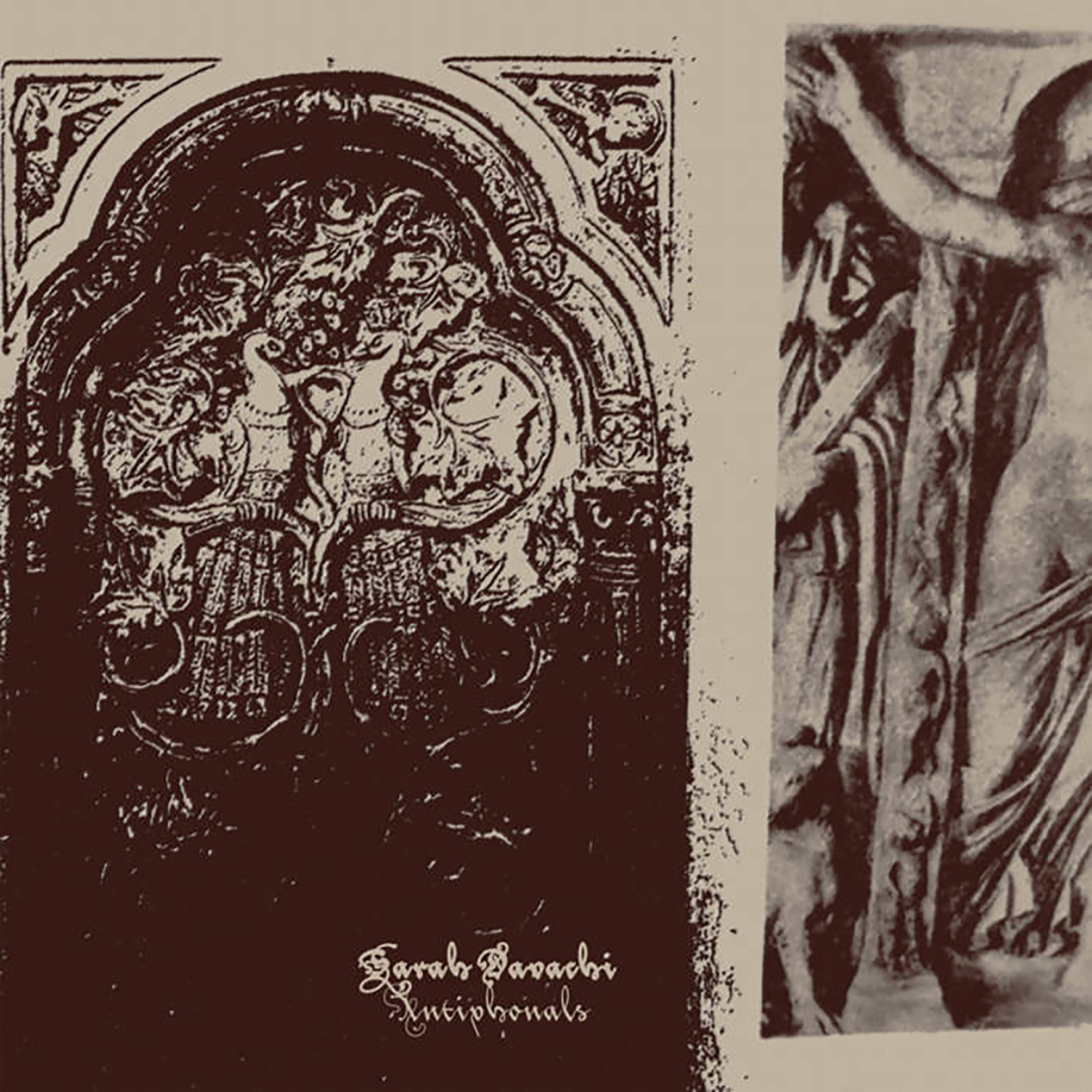 In my review of Cantus Figures Laurus last month, I half-jokingly noted that Sarah Davachi's creative arc seems unavoidably headed towards composing a full-on Mellotron-driven prog rock opus. While she has not quite reached that dubious culminating achievement yet, Antiphonals is arguably another significant step in that direction, as it is very Mellotron-centric and the vinyl release features a sticker comparing it to a prog album with everything removed except the keyboard parts. For the most part, however, the change in instrumentation did not inspire any particularly dramatic stylistic transformations, as Antiphonals mostly picks up right where Cantus, Descant left off, which is somewhere best described as "like a blurred, stretched, and deconstructed organ mass." In keeping with that theme, both an electric organ and a pipe organ are featured (along with plenty of other instruments), yet the resemblance to an organ mass is more spiritual than overt this time around. In more concrete terms, that means that Davachi's sound palette has broadened a bit from Cantus, but she is still very much focused on somberly meditative moods, glacial melodies, bleary drones, and subtle harmonic transformations.
In my review of Cantus Figures Laurus last month, I half-jokingly noted that Sarah Davachi's creative arc seems unavoidably headed towards composing a full-on Mellotron-driven prog rock opus. While she has not quite reached that dubious culminating achievement yet, Antiphonals is arguably another significant step in that direction, as it is very Mellotron-centric and the vinyl release features a sticker comparing it to a prog album with everything removed except the keyboard parts. For the most part, however, the change in instrumentation did not inspire any particularly dramatic stylistic transformations, as Antiphonals mostly picks up right where Cantus, Descant left off, which is somewhere best described as "like a blurred, stretched, and deconstructed organ mass." In keeping with that theme, both an electric organ and a pipe organ are featured (along with plenty of other instruments), yet the resemblance to an organ mass is more spiritual than overt this time around. In more concrete terms, that means that Davachi's sound palette has broadened a bit from Cantus, but she is still very much focused on somberly meditative moods, glacial melodies, bleary drones, and subtle harmonic transformations.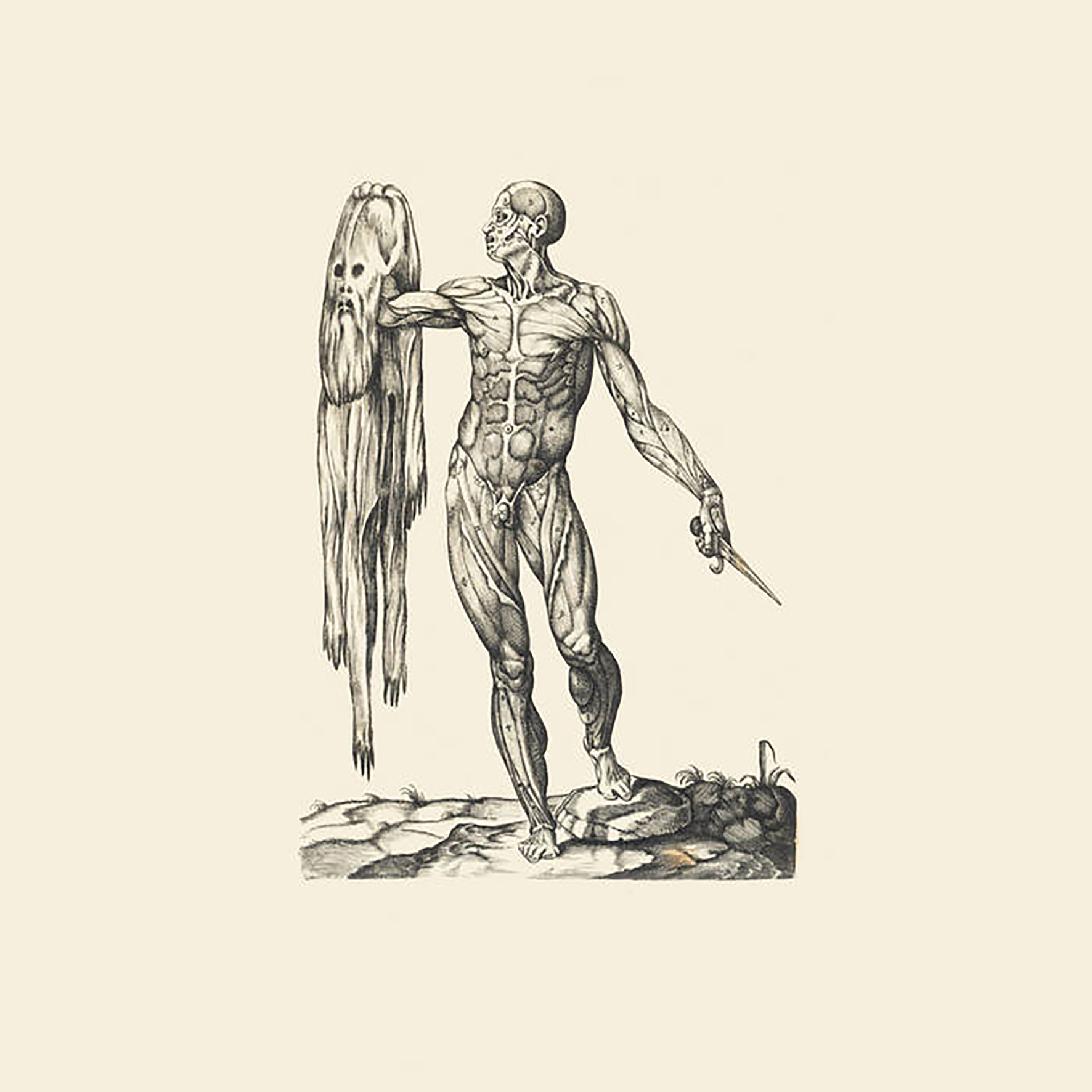 One of the many surprises of the last few years has been the current pipe organ renaissance unfolding in the experimental music world (your days are numbered, modular synths!). Thankfully, we still seem to be in the honeymoon phase of that phenomenon, as the vanguard of Kali Malone, Sarah Davachi, and Lawrence English are all fairly consistent in exclusively releasing strong and/or interesting albums. This latest release is English's second (after last year's Lassitude) to focus entirely upon pieces composed on an 19th century organ housed in Brisbane's The Old Museum. This is a very different album than its predecessor, however, as Lassitude was comprised of homages to Éliane Radigue and Phill Niblock. On Observation of Breath, English instead derives conceptual inspiration from Charlemagne Palestine's "maximal minimalism" as well as the mechanics of breathing (quite relevant when pipe organs are involved). There is one more favorable similarity to Lassitude, however, as this album also features one stone-cold masterpiece that spans an entire side of vinyl.
One of the many surprises of the last few years has been the current pipe organ renaissance unfolding in the experimental music world (your days are numbered, modular synths!). Thankfully, we still seem to be in the honeymoon phase of that phenomenon, as the vanguard of Kali Malone, Sarah Davachi, and Lawrence English are all fairly consistent in exclusively releasing strong and/or interesting albums. This latest release is English's second (after last year's Lassitude) to focus entirely upon pieces composed on an 19th century organ housed in Brisbane's The Old Museum. This is a very different album than its predecessor, however, as Lassitude was comprised of homages to √âliane Radigue and Phill Niblock. On Observation of Breath, English instead derives conceptual inspiration from Charlemagne Palestine's "maximal minimalism" as well as the mechanics of breathing (quite relevant when pipe organs are involved). There is one more favorable similarity to Lassitude, however, as this album also features one stone-cold masterpiece that spans an entire side of vinyl.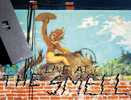 This ten-band concert DVD celebrates the weird, sweaty entropy of LA’s unique all-ages DIY club. There are some fairly well known bands included here, such as High Places and the reliably excellent No Age, but the most memorable performances are generally delivered by those that lurk in the most aggressively uncommercial shadows of the lunatic fringe (like Captain Ahab and Foot Village).
This ten-band concert DVD celebrates the weird, sweaty entropy of LA’s unique all-ages DIY club. There are some fairly well known bands included here, such as High Places and the reliably excellent No Age, but the most memorable performances are generally delivered by those that lurk in the most aggressively uncommercial shadows of the lunatic fringe (like Captain Ahab and Foot Village).
